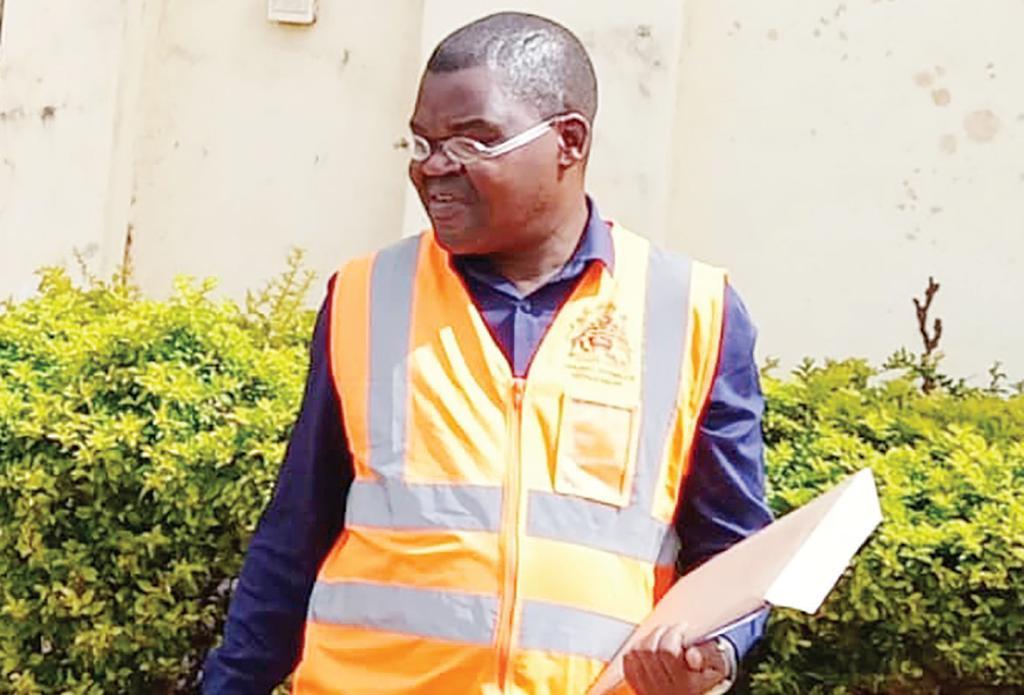Africa-Press – Malawi. If you’re still manufacturing thin plastics in Malawi, your time is up.
The government has launched a serious crackdown on defiant companies, starting with Quality Plastics Limited, which was shut down without warning on Monday after being caught red-handed producing banned thin plastic bags at its factory in Njewa, Lilongwe.
The action was carried out by the Malawi Environmental Protection Authority (Mepa) during an intensive inspection blitz targeting plastic manufacturers suspected of breaching the law. The company was slapped with a K5 million fine and issued a stern warning: nothing – not a single machine, raw material, or finished product – is to be moved or touched.
“The factory is, therefore, closed with immediate effect. They must not remove anything – because everything inside is illegal,” declared Biswick Mlaviwa, Mepa’s acting manager for environmental assessments and inspections.
This is just the beginning.
The crackdown is part of the government’s renewed enforcement of the Environmental Management (Plastics) Regulations, 2015, which strictly ban the production and use of plastic bags less than 60 microns in thickness – a move aimed at tackling plastic pollution and protecting Malawi’s environment.
Quality Plastics Limited’s manager, who identified himself only as Mr. Qhunag, offered a weak defence, claiming ignorance of the law. He refused to answer further questions.
But Mepa isn’t buying excuses anymore.
The crackdown follows a landmark High Court ruling on January 31, 2025, in which Justice Howard Pemba upheld the thin plastics ban, calling out manufacturers for abusing the court system by fighting a regulation the Supreme Court had already upheld in June 2024.
“This is a warning to all manufacturers: the law is clear, and enforcement is active. If you are still producing thin plastics, we are coming for you,” Mlaviwa emphasized.
During the same inspection, Plastic Max, another Lilongwe-based company, passed the compliance test. It was found to be operating within the legal 60-micron minimum, proving that compliance is possible – and expected.
Environmentalists and civic groups have long pushed for tougher enforcement, citing the devastating impact of thin plastics on rivers, farmlands, livestock, and the broader ecosystem.
As the crackdown begins, Mepa has sent a powerful message to all manufacturers still breaking the law: This is your final warning. Shut down your illegal operations or face the same fate.
For More News And Analysis About Malawi Follow Africa-Press






